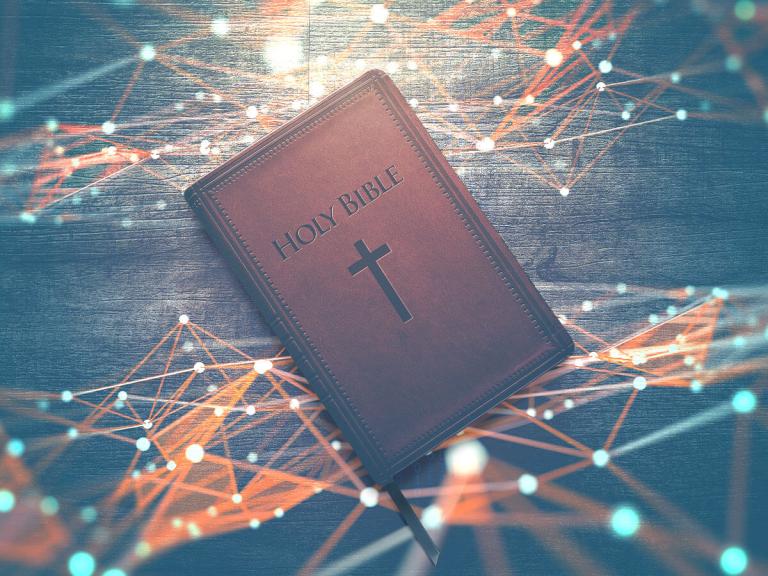While schools struggle with the growing use of artificial intelligence programs being used to pass writing assignments, pastors and religious leaders seem to be another sector concerned with the growing usage of AI. With the popularity of artificial intelligence programs like ChatGPT gaining traction, the Associated Press interviewed several pastors about their concerns of the technology being used for writing sermons. The article detailed the story of how a New York Rabbi, Joshua Franklin, announced to his congregation at the Jewish Center of the Hamptons that he would be delivering a plagiarized sermon only to reveal at the end of the sermon that it had been written by ChatGPT. “I thought truck drivers were going to go long before the rabbi in terms of losing our positions to artificial intelligence,” Franklin said after his congregation clapped at the reveal. “ChatGPT might be really great at sounding intelligent, but the question is, can it be empathetic? And that, not yet, at least, it can’t,” he concluded.
Most pastors interviewed agreed that while AI could generate good sermons, they lacked a human component. “The preaching of Artificial Intelligence can’t convincingly sympathize with the human plight,” said Todd Brewer, a scholar and managing editor of the Christian website Mockingbird. Mike Glenn, the senior pastor at Brentwood Baptist Church, agreed, saying, “AI will never be able to preach a decent sermon. Why? Because the gospel is more than words. It’s the evidence of a changed life.” Hershael York, a pastor in Kentucky, stated that the best sermons have human emotion behind them. “Artificial intelligence can imitate that to some level. But I don’t think it can ever give any kind of a sense of suffering, grief, sorrow, the same way that a human being can. It comes from deep within the heart and the soul — that’s what the great preachers have, and I don’t think you can get that by proxy.”
The tension between artificial intelligence and faith leaders is nothing new. In 2020, an engineer created “AI Jesus,” programming it with the language of the King James Bible and nothing more. The subsequent sermons developed by AI Jesus were much more abstract and grammatically challenged than those developed by ChatGPT, but the intention was still there. In 2021, Wallace Henley, author of Who Will Rule the Coming ‘Gods?’ warned The Christian Post that artificial intelligence was replacing God. “The idolatry of the future is going to be the worship of these machines, which has already started, either tongue-in-cheek or some people literally and very seriously worshiping the works of their hands,” he warned. He found the human dependency on AI to do formerly human tasks like vacuuming and food delivery “concerning.” He also warned that the human desire for progress and a return to perfection could be its undoing. “We’ve been looking for Paradise, ever since we lost it in Adam and Eve, we’ve been trying to get back there. Now we think we can create it with electronics and the idolatry of the machine. And it’s extremely dangerous. That’s the message I’d like to get across.”



